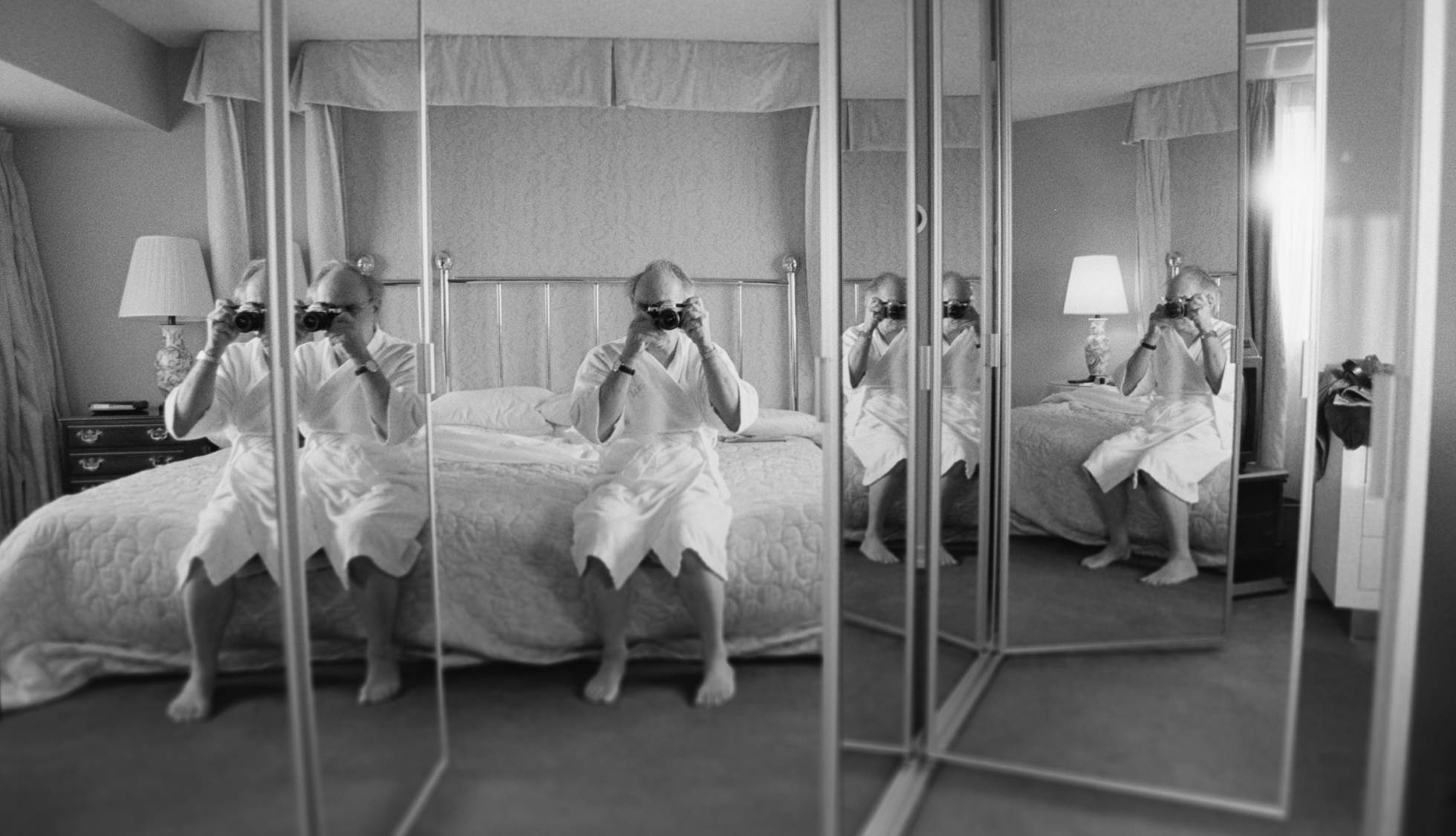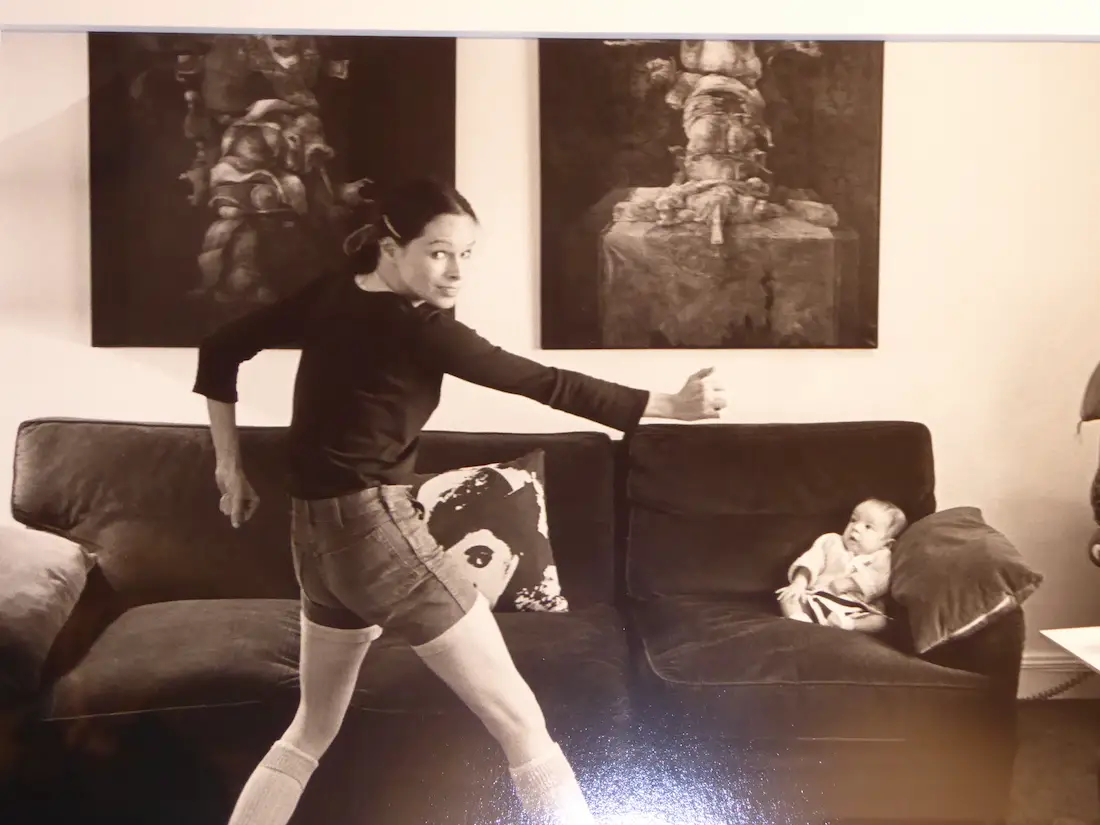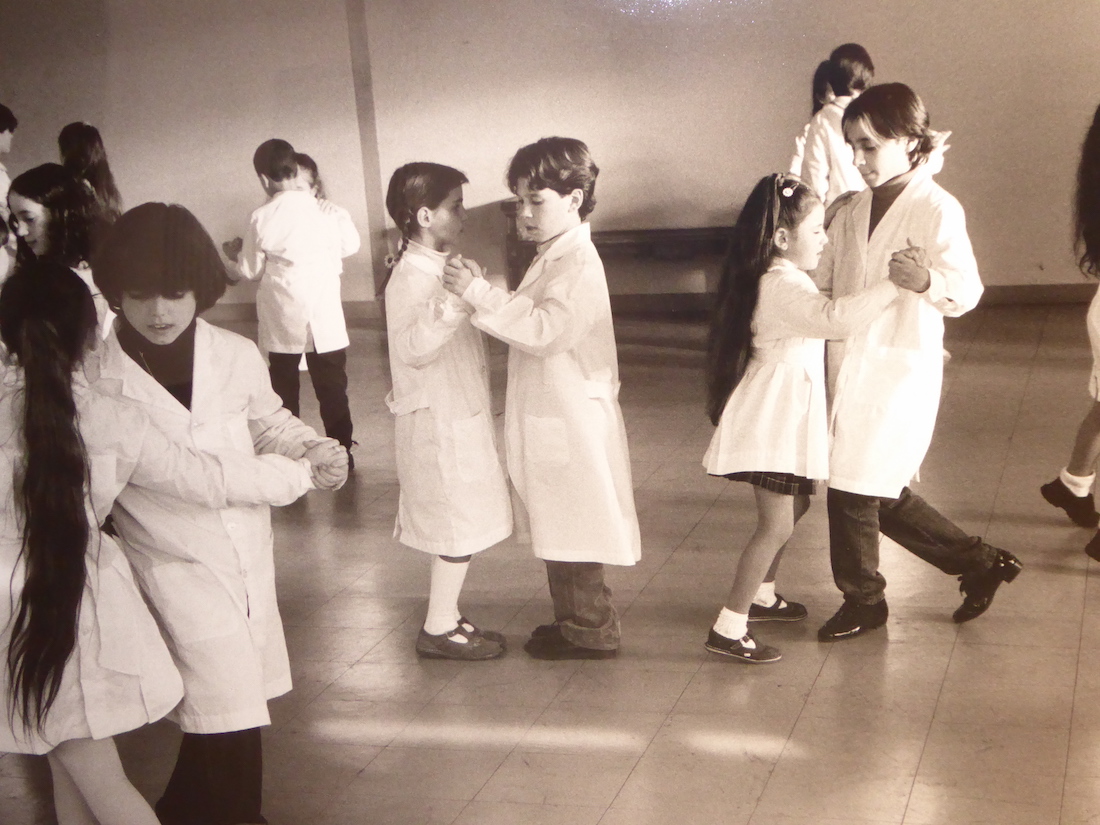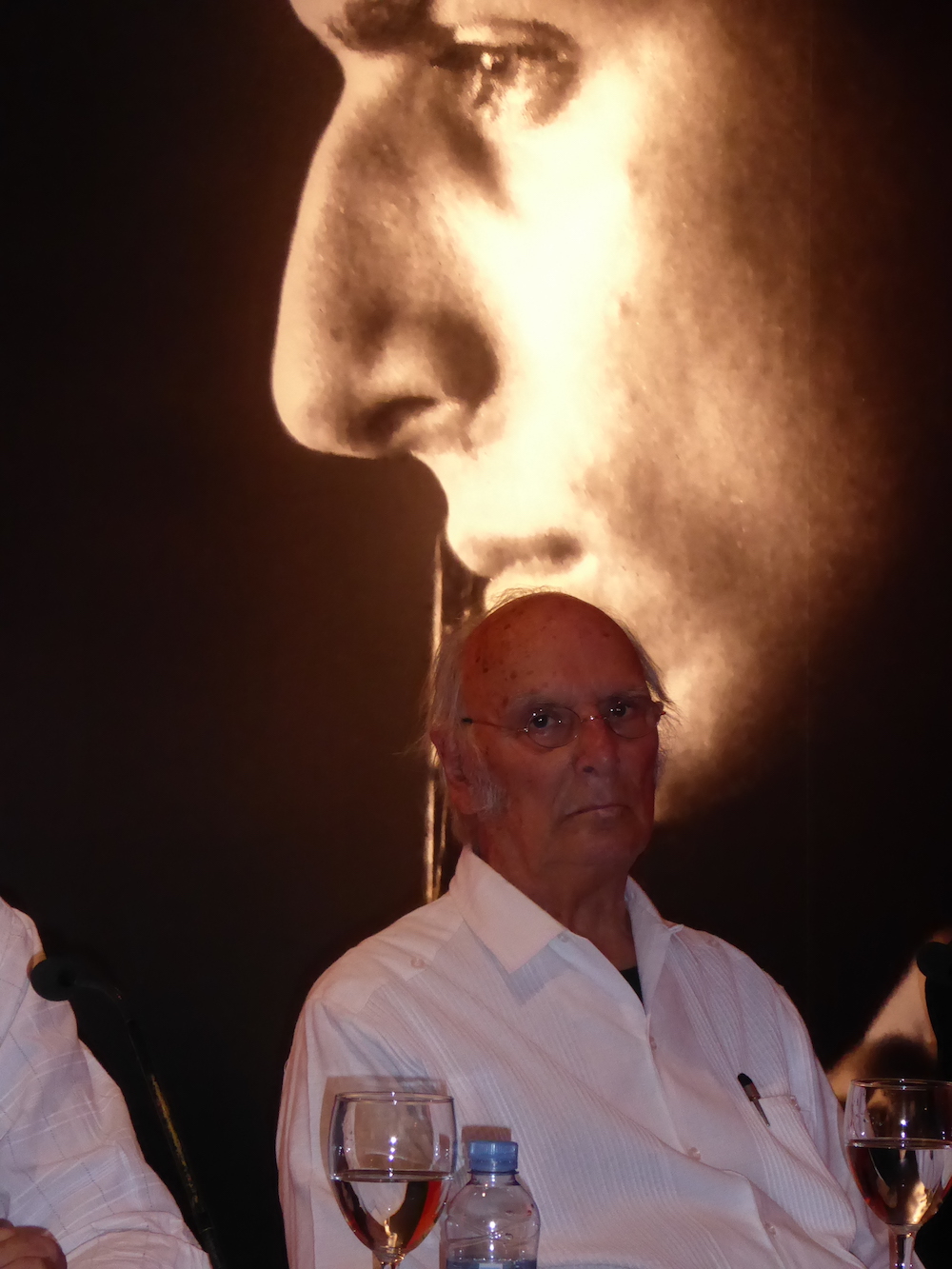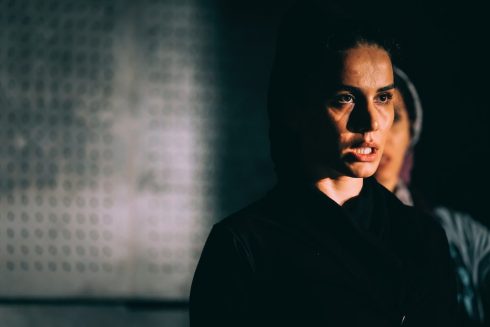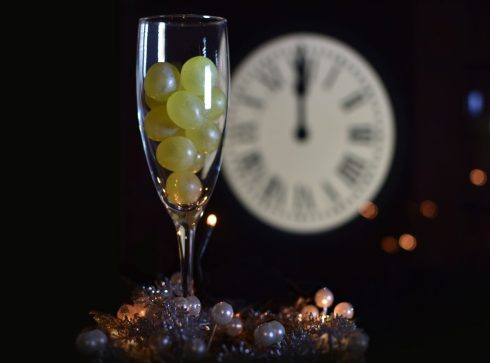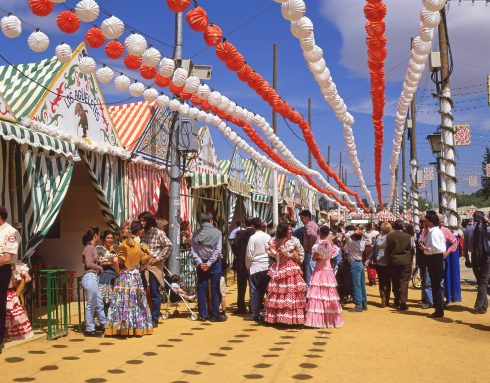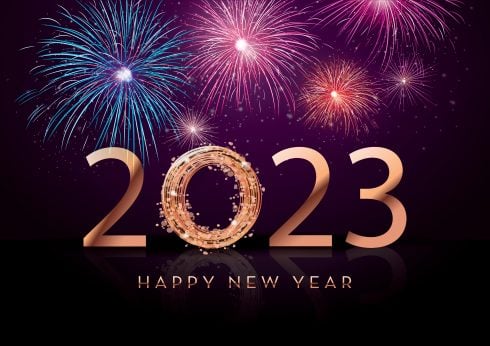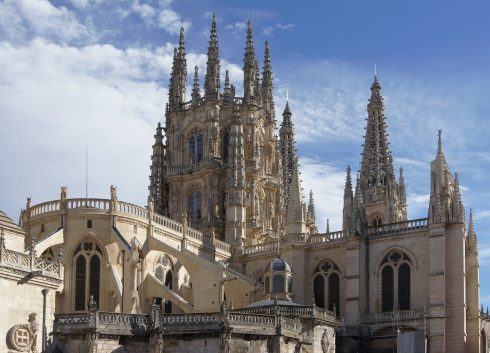MOST people fear change, but not Carlos Saura. Instead, the 87-year-old award-winning Spanish film director from Huesca revels in it.
One of Spain’s most treasured exports along with Rioja and Manchego cheese, he stands among 118 of the photos he has shot over a period of 70 years that chronicle the evolution of Spain and his own career.
“The photos are the foundation of my films,” he says clearly touched by the atmosphere of affection, admiration and respect in Madrid’s Circulo de Bellas Artes where the exhibition of his work has just opened.
It wasn’t always like this. There was, in fact, a time when Saura, a close friend of the late off-beat Spanish filmmaker Luis Buñuel, claimed he was better treated outside his own country than within, winning the Berlin Festival’s Silver Bear for his 1966 movie The Hunt, a BAFTA for Carmen in 1983 and three Oscar nominations in 1980 for Mama reaches 100, in 1984 for Carmen and in 1999 for Tango.
Now though, he is ubiquitously recognised as an icon of Spanish cinema, one who has distilled the essence of his country’s culture with understated yet powerful narratives, evident in movies such as Raising Ravens, 1976, Ay Carmela!, 1990, and The 7th Day, 2005.
And anyone who has watched Taxi, his 1996 film about a group of extreme right-wing taxi drivers who take it upon themselves to cleanse the streets of Madrid of immigrants and other ‘undesirables’, has probably never felt the same again about taking a cab in the capital.
Starring Ingrid Rubio and Carlos Fuentes, the protagonists are embroiled in a sinister response to migrants – accounting for just 1.4% of the population at that time – who are perceived to pose a contaminating threat to what was still a rather insular society.
As a man of left-wing principles, a prolific film-maker, photographer and writer, Saura flagged up the changes afoot – the clash between the ‘the family’ – as the taxi-driver clan dubbed themselves – and outsiders – which did not, of course, refer to the Brits, Scandinavians and Germans making their home along the Spanish coast.
Foreigners now account for around 12.8% of Spain’s population and much has changed since Taxi was made, not least in Saura’s own journey.
A renaissance man at heart, Saura is the David Bowie of film, constantly reinventing himself and refusing to be labelled. “I am an anarchist,” he tells me. “I don’t belong to any particular party and never have. Of course, people have linked me to communism and socialism. But I like to be free of labels and have the freedom to change.”
His hands flutter with resignation when asked about Brexit and the rise of right-wing populism in Europe, which appears to be harking back to an earlier age. “I’m not a politician,” he says, shaking his head.
“I’m not concerned with the past. I only care about the present and, as I have reached a certain time in my life, the future”
Perhaps these issues feel too familiar to interest Saura. And perhaps too, as he advances into his twilight years, he is letting music rather than political views dominate his work, evident from more recent films such as Flamenco Flamenco, 2010, J: Beyond Flamenco, 2016, and I, Don Giovanni, 2009 and the musical King of the Whole World, 2019, starring his wife, Eulalia Ramón.
But music and dance, often with a strong flamenco bias, played a significant role in even in Saura’s earliest films. And now, for the first time, he is directing an opera – none other than Don Giovanni in A Coruña.
“To rest is to rust,” he said recently, as though determined to ring the changes and face new challenges for as long as he is able.
“I’m someone who is divided into cycles,” he says. “And sometimes when I see a photo from an earlier period, I don’t recognise myself. I see somebody else. But that doesn’t bother me. I’m not concerned with the past. I only care about the present and, as I have reached a certain time in my life, the future.”
As might be expected from someone who does not spend time looking over his shoulder, Saura’s personal life has also been colourful. Married three times, after his first marriage to Adela Medrano, he went on to have a 13-year relationship with Geraldine Chaplin that ended when he fell in love Jude-Law-style with their son’s nanny. Chaplin packed her bags, took the boy and left.
Saura proceeded to marry the nanny, Mercedes Pérez. But he was never one to hang around once the passion had gone. His current relationship with actress Eulalia Ramón, who had roles in Taxi, The 7th Day and Dispara!, has, however, lasted 26 years, suggesting that, in this department, at least, Saura is happy to put his feet up.
Looking to the future, Pablo Picasso is pencilled in on Saura’s agenda. An icon of the avant-garde with his ground-breaking strokes of genius, who better to keep the rust at bay?
Carlos Saura photographer: A life behind the camera is showing in the Círculo de Bellas Artes, Madrid until January 12
Click here to read more Spain News from The Olive Press.

